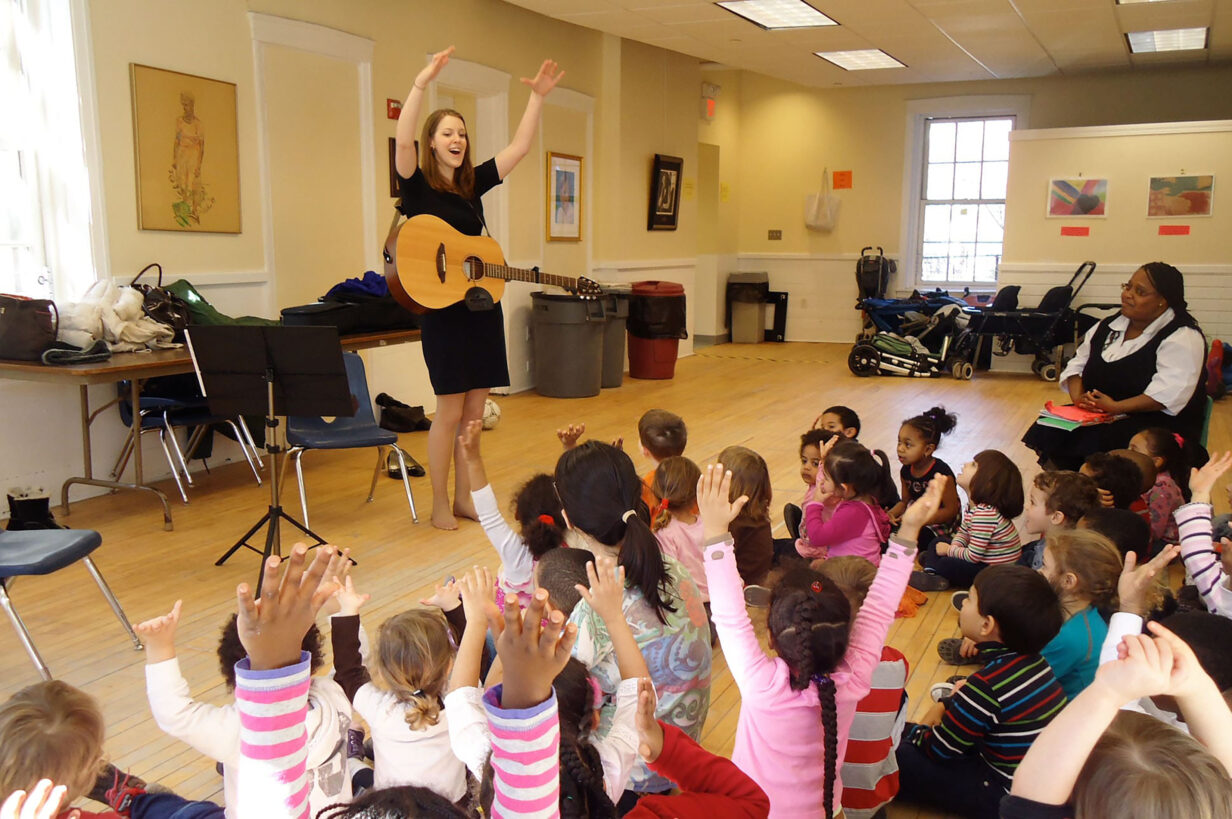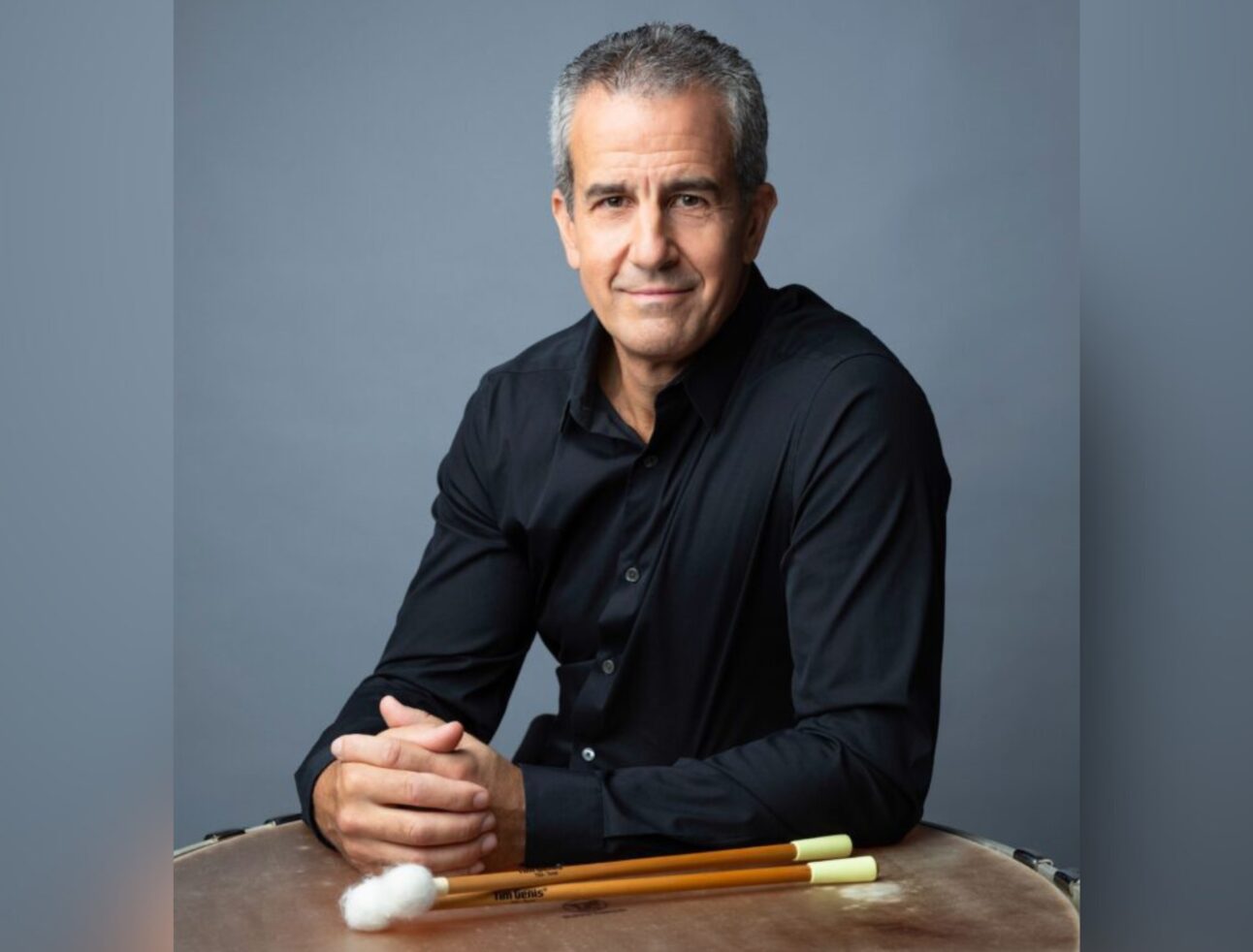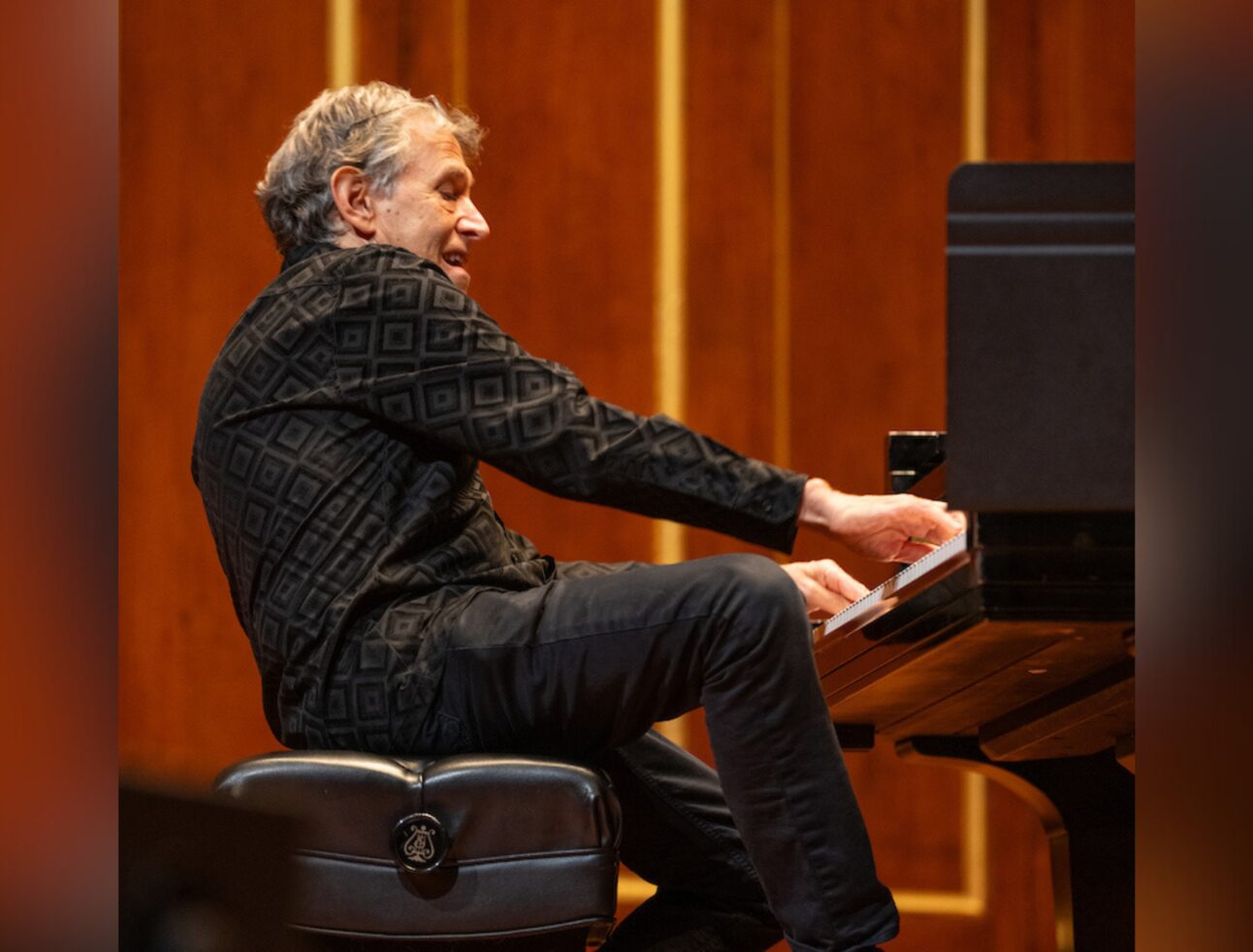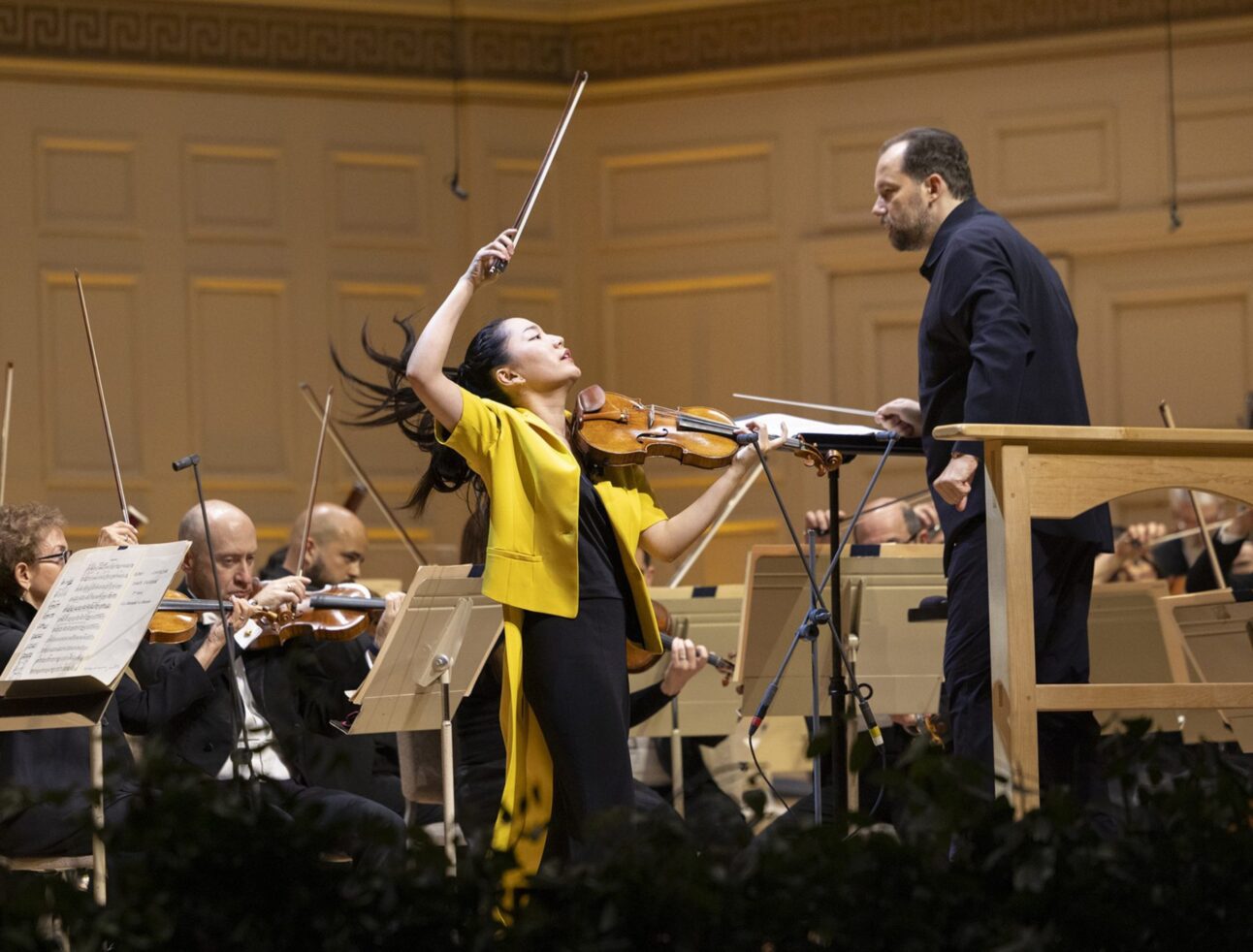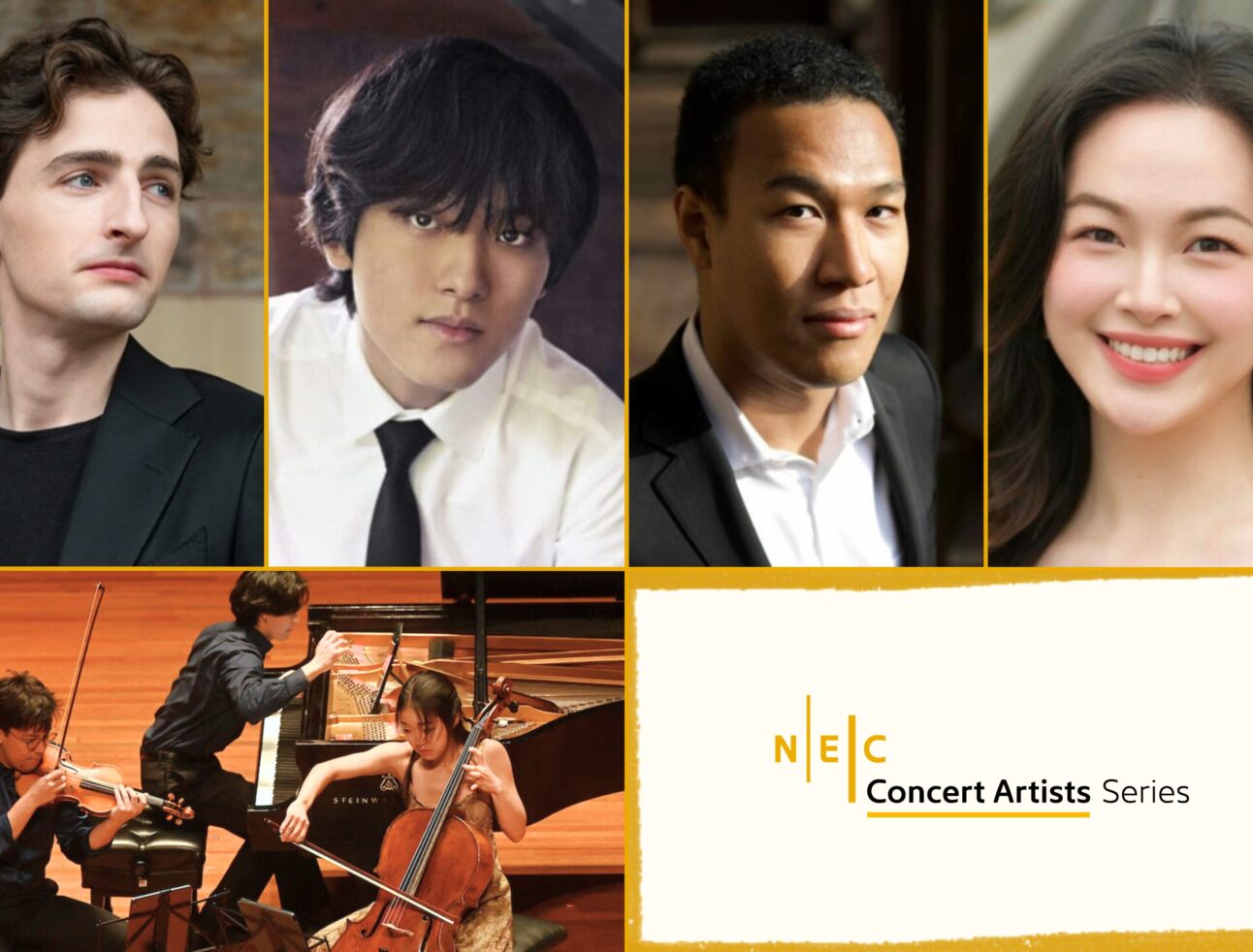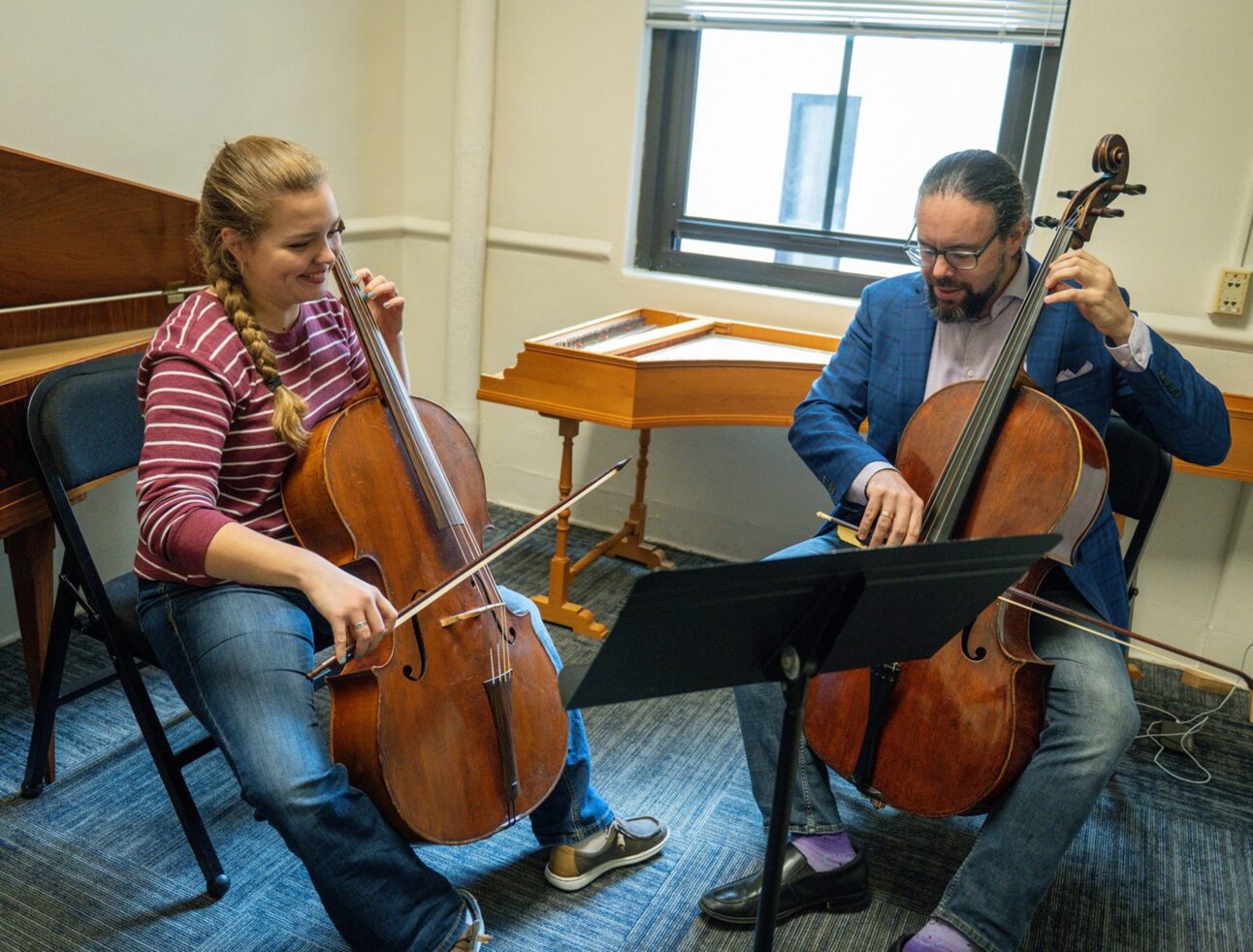As the executive director of the Musical Mentors Collaborative, Kathryn (Katie) Sansone ’07 MM is “leveling the playing field” for music education. The nonprofit provides private lessons and support to students across the U.S., including many who wouldn’t otherwise have access to music programs.
Sansone’s collaborative approach relies on a nuanced understanding of each community where the MMC operates. It’s a mindset she developed as a fellow in New England Conservatory’s Community Performances and Partnerships program.
Sansone is one of hundreds of CPP alumni who are now leveraging their musical talents to strengthen their communities. Many shared their experiences in a recent study conducted during the program’s 20th anniversary year.
When the CPP was founded in 2004, the aim was to work with Boston-area schools, libraries, senior centers, homeless shelters, and other local organizations to provide performances and teaching engagement.
“It met a community need,” says Tanya Maggi, founder of the CPP and currently Dean and Chair of Community Engagement and Professional Studies. “But the original scope was much smaller [than it is today].”
“Over time, we’ve added depth. We have more courses. Professional development is built into degree programs. And we have the new Teaching Artistic concentration, which gives students an opportunity to self-direct their work while in school, as well as engage in real-world learning experiences that they can take with them as they develop their careers.”
The study was authored by Harvard-based researcher Dr. Raquel Jimenez ’08, a CPP alumna who studied French horn before shifting her focus to arts education research. Jimenez previously conducted a 10-year CPP study that examined alumni career paths.
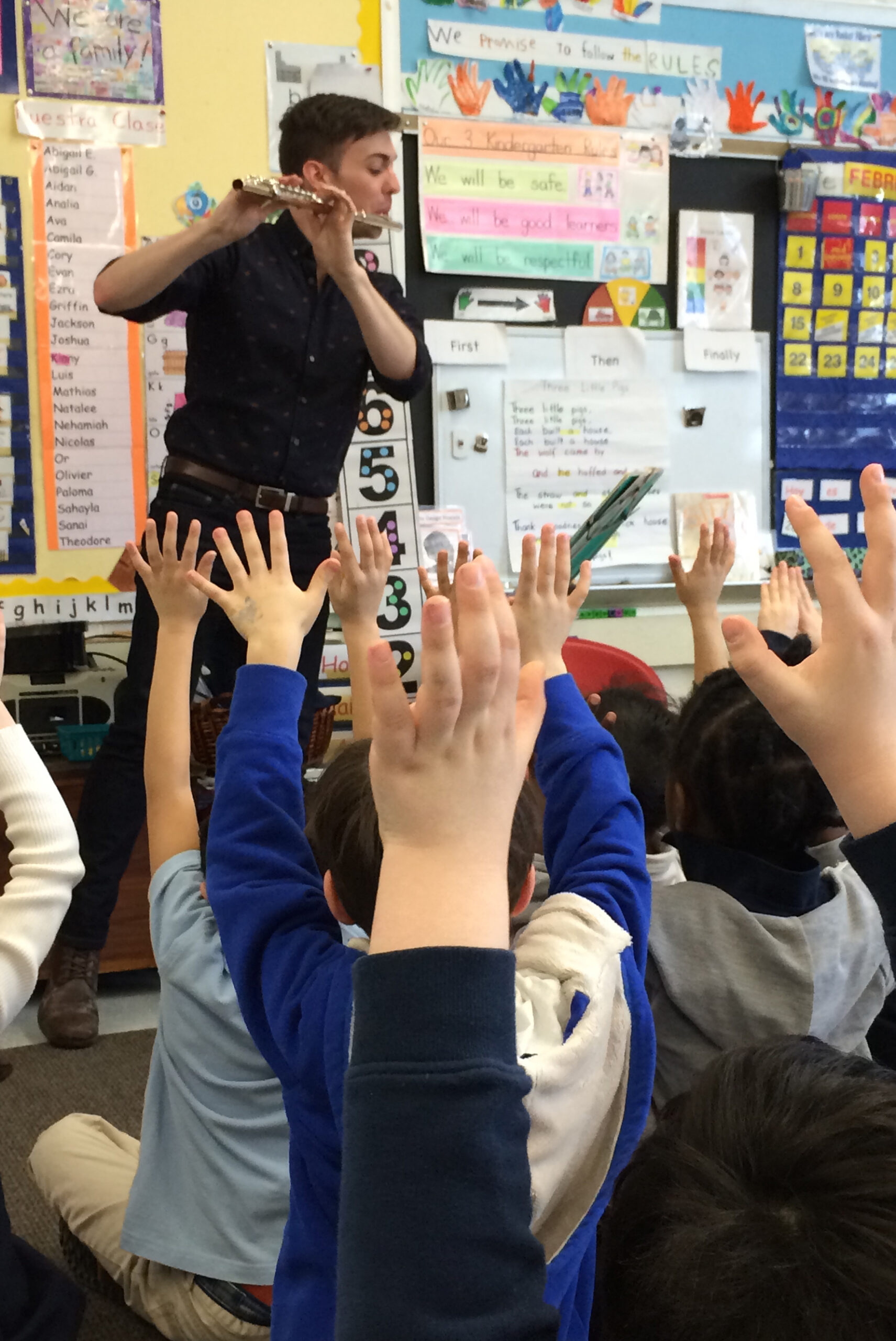
For the 20-year study, Jimenez distributed a survey to more than 900 alumni and received 120 responses from graduates spanning the program’s history and NEC degree programs. Some were one-time participants or participated for just a few months, but most were involved for one to four years.
“The volume of interest has always been high, but it continues to deepen and grow,” Maggi says. “We have more first-year undergrads who come with a passion for doing work in the community. In some ways, that’s been the biggest shift—the expectation that these programs are part of what it means to have a conservatory education at NEC.”
In addition to gathering quantitative information about the impact of these programs, Dr. Jimenez also conducted in-depth interviews with ten alumni, including Sansone. Graduates shared recent projects and key partnerships, stories about community impact and challenges, and reflected on their NEC experience.
The study showed a significant link between the amount of time a student spent in CPP and their ability to engage in community-based musical activities after graduation. Alumni also noted the practical skills they developed, like public speaking, collaboration, project management, and teaching. Maggi says the CPP team is looking to the findings as they plan future growth, particularly in the Teaching Artistry concentration that launched last fall.
“The Teaching Artistry program is growing by leaps and bounds, and we’re continuing to build it out,” Maggi says. “We’re folding a lot of the work of CPP under that umbrella [so that we can] not only impact our students and alumni, but also the city of Boston and the broader teaching artistry ecosystem. We want to serve as a convener, a resource, an advocate for teaching artistry in our society.”
Survey results also revealed a range of perspectives about how to balance the time-intensive nature of a conservatory education with the desire for community engagement. Maggi says the CPP team is continuing to explore how the two priorities can coexist, which will further inform their programming.
That balance was a common theme at last month’s International Social Impact of Music Making Symposium (SIMM) in Copenhagen, Denmark, where Maggi shared the study findings. She met fellow arts educators and researchers from around the world who, like NEC, are exploring how to build authentic and mutually respectful relationships between musicians and their communities, and how to reimagine a traditional conservatory model in a 21st century context.
“It’s about finding a harmony between students’ artistic skills and interests, the people with whom they’re engaging in the community, their development as teaching artists—and bringing all of those pieces into alignment. We are very passionate about saying to our students that you can hold space to do all of it, and that becomes part of who you are as a musician in the world.”
